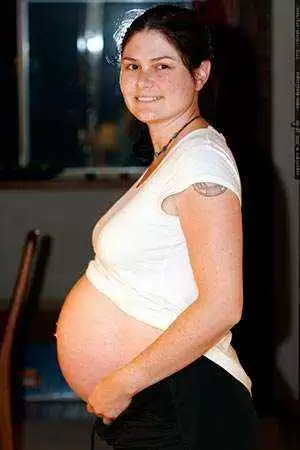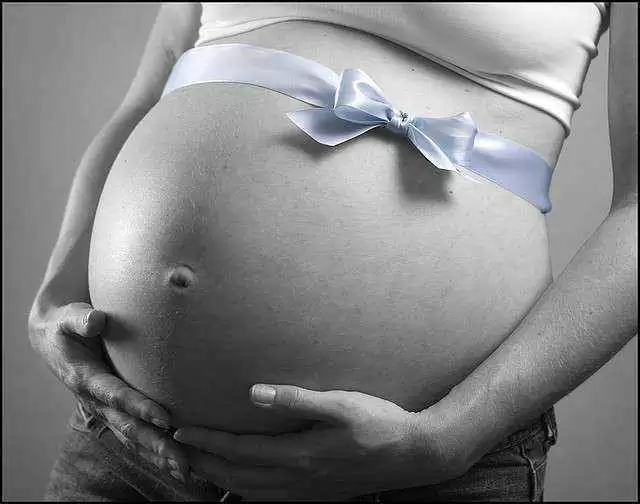.webp.81954ac272b4af38fec38b357b310058.webp)
Celiac.com 10/07/2011 - A number of studies suggest that women with celiac disease have reproductive difficulties, but data have been inconclusive and contradictory.
A research team recently set out to assess fertility in women with biopsy-verified celiac disease. The study team included Daniela Zugna, Lorenzo Richiardi, Olof Akre, Olof Stephansson, and Jonas F Ludvigsson.
Celiac.com Sponsor (A12):
 They are affiliated variously with the Cancer Epidemiology Unit at the Centre for Experimental Research and Medical Studies and Centre for Oncologic Prevention at the University of Turin in Turin, Italy, the Department of Paediatrics at Örebro University Hospital in Örebro, Sweden, and with Clinical Epidemiology Unit of the Department of Medicine, the Department of Molecular Medicine and Surgery, the Division of Obstetrics and Gynaecology, and the Department of Women's and Children's Health at the Karolinska Institutet in Karolinska, Sweden.
They are affiliated variously with the Cancer Epidemiology Unit at the Centre for Experimental Research and Medical Studies and Centre for Oncologic Prevention at the University of Turin in Turin, Italy, the Department of Paediatrics at Örebro University Hospital in Örebro, Sweden, and with Clinical Epidemiology Unit of the Department of Medicine, the Department of Molecular Medicine and Surgery, the Division of Obstetrics and Gynaecology, and the Department of Women's and Children's Health at the Karolinska Institutet in Karolinska, Sweden.
For their Swedish population-based cohort study, the team gathered data all 28 pathology departments in Sweden on 18,005 biopsy-proven duodenal/jejunal biopsy, using Marsh III, villous atrophy as their baseline.
They also established a control group of 51,109 age-matched women without celiac disease.
They then found 11,495 women with celiac disease who were aged 18–45 years.
The team used multinomial logistic regression and Cox regression to estimate fertility in these women compared with the age-matched reference women.
The team defined 'fertility' as the number of children according to the Swedish Multi-Generation Register.
Their results showed that women with celiac disease had 16,309 births compared with 69,245 for the reference group.
Overall, the total number of children in the group of women with celiac disease was slightly higher compared with the reference group.
Adjusting for age, calendar period and parity and stratifying by education, the overall fertility hazard ratio (HR) for women with celiac disease was 1.03 (95% CI 1.01 to 1.05).
Specifically, the fertility HR was 1.05 (95% CI 0.96 to 1.14) for celiac disease diagnosed in women under 18-years of age, 1.04 (95% CI 1.01 to 1.07) for celiac disease diagnosed in women between 18 and 45 years, and 1.02 (95% CI 0.99 to 1.04) for celiac disease diagnosed in women >45 years of age.
Factoring in the dates of celiac disease diagnosis, fertility was decreased 0–2 years before time of diagnosis (HR=0.63; 95% CI 0.57 to 0.70),
but was identical to that of controls 0–5 years subsequent to diagnosis and increased to 1.12 (95% CI 1.03 to 1.21) thereafter.
The data for this study show that women with celiac disease had a normal fertility, but their fertility was decreased in the last two years before diagnosis.
Interestingly, fertility in women with celiac disease was also slightly higher after five years, comported to the control group.
Stay tuned...
Source:
- Open Original Shared Link





Recommended Comments
There are no comments to display.